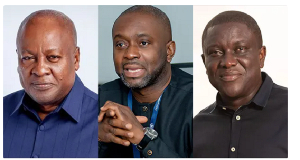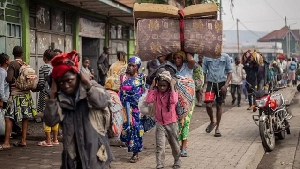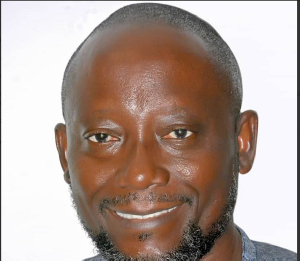Accra, July 30, GNA - The Ministry of Women and Children's Affairs (MOWAC) on Wednesday launched a report that seeks to highlight progress made in achieving gender equality, challenges and efforts being made by government and other stakeholders towards the realization of gender equality and women's empowerment.
The report, which combined the 3rd, 4th and 5th editions of the United Nations Convention on Elimination of All Forms of Discrimination Against Women (CEDAW), is expected to contribute to awareness creation programmes about gender discrimination and encourage everybody to join the gender equality campaign.
Ghana ratified CEDAW on the February 2, 1986 and the government has continued to pursue institutional, administrative and legal reforms as well as formulate and implement policies to address issues of gender equality and women's empowerment.
Hajia Alima Mahama, Minister of Women and Children's Affairs, highlighting parts of the report, said a lot had been achieved in the area of gender parity in terms of education and noted that the country had almost reached the Millennium Development Goal which focused on education and training of women and girls especially at the basic level. "A number of giant strides have been taken by Ghana in fulfilment of its national, regional and international commitments," she said. Mrs. Estella Appiah, Director, Drafting Division at the Attorney General's Department, who represented the sector Minister at the launch the report, said the issues tackled in the document meant a lot to the Ghanaian woman.
She said a lot more needed to be done to advance the cause of women in the country and called on the general public to read the book since it was meaningful.
Mrs Marian Tackie, a Director at MOWAC, giving an overview of the report noted that CEDAW had the objective of creating a global society where women enjoyed all the privileges enjoyed by men. She said CEDAW had concerns about marital, political, labour, health and other rights that women lacked especially in most developing countries as well as issues on prostitution, abortion and HIV/AIDS. Mrs. Tackie called on government and other relevant stakeholders to deal with the root causes of such issues and mentioned poverty as one major cause.
Dr. Gloria Quansah-Asare, Director in charge of Family Health at the Ghana Health Service (GHS), mentioned abortion as one of the major causes of maternal mortality.
She said the GHS had stepped up the education campaign to create awareness of maternal mortality and family health issues especially family planning.
Dr. Quansah-Asare called for collaboration from other sectors and explained that the issue of maternal mortality needed a multi-sector approach.
She further called for support from homes, religious leaders, organizations, the legal system, traditional leaders and the health sector. 30 July 08
General News of Wednesday, 30 July 2008
Source: GNA
Ghana makes progress in achieving gender equality- Report
Entertainment















